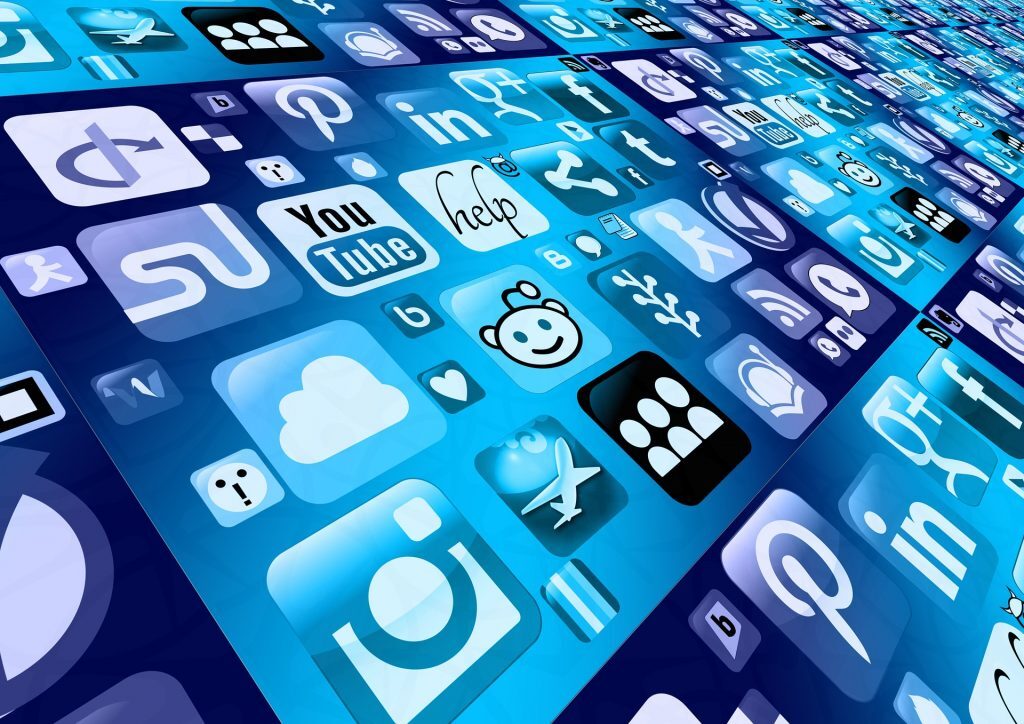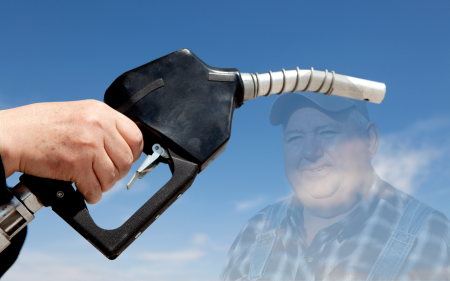If you spend hours of the day on your phone checking social media, you’re not unusual. The average internet user spends two hours a day on various social media sites. But does your habit of checking Facebook, Instagram, Twitter and TikTok every few hours make you a social media “addict”?
The term “social media addiction” is being increasingly used to describe people who spend a lot of time on these websites and apps. Doing so can be harmful to people in a variety of ways – causing low self esteem, bad sleep and increasing stress.
The main focus when considering addiction to substances tends to be on three key elements: compulsion (or loss of control), tolerance (needing to increase amount to achieve the same effect) and withdrawal (unpleasant side effects when use stops). Other factors to consider relate to craving, preoccupation and continuing use despite it causing obvious problems. It’s easy to see how these factors apply to drugs, but what about shopping, gambling or, indeed, social media use?
Increasing interest in these and other behavioural “addictions” – like gaming, sex or the internet – has resulted in broadening definitions of what addiction is. Psychologists talk of excessive appetites and powerful motivational drives to engage in particular behaviours that have the power to do considerable unintended harm.
As researchers in social media and addiction, we have spent the last 25 years understanding different kinds of addiction. Our research tells us that social media addiction is not the same as an addiction to substances, like alcohol and other drugs.
Social media use
Too much social media can certainly be damaging. One major feature of social media is it allows users some control over how they present themselves to others. People can edit their online appearance and sometimes present themselves inaccurately while seeking validation from others.
This can cause all kinds of harm. In a study in 2019, we found when female users looked at the platforms for around one and a half hours per day, this was related to an increased desire to be thin, a heightened awareness of how they think other people judge them and motivation to exercise for the purposes of losing weight.
And in 2016, we investigated the ways people seek validation on social media. We looked at how often people manipulate posts to increase the number of likes received, use social media to boost spirits or blindly post about issues with which they did not necessarily agree.
We found when this kind of online behaviour increased, self-esteem decreased. But our findings didn’t necessarily show a compulsion to use social media – something key in making it an addiction. Other social factors, such as fear of missing out and narcissistic personality traits, may drive the need to use social media to an unhealthy degree.
Social media addiction
In 2020, we undertook a study into harmful gambling that might help answer the question of whether social media addiction is real.
We found that rapid technological developments in the ease and speed of access of phone and tablet apps are leading to increased levels of gambling harm. Similar psychological processes may be at work on social media platforms, where need for validation, craving and checking likes is amplified.
Behavioural explanations for how addictions develop emphasise the power of reinforcement. Gambling products often use the most powerful form of reinforcement: random pay outs. This, again, is potentially similar to the way users receive validation in the form of “likes” on social media.
There are some who might argue that chronic overuse of social media can be seen as an addiction, but it not is currently recognised as such by the American Psychiatric Association.
There are important differences between excessive social media use and substances in terms of addiction. For example, withdrawal from the latter is often physically unpleasant and sometimes dangerous without medical supervision. Users often suffer stigma, which can be a barrier to seeking help. In comparison, it hasn’t yet been established that there are physical withdrawal effects when people stop using social media.
Considering social media use more as a continuum of possible harm might allow more scope for appropriately targeted messages that could prevent problems developing in the first place.
There are clearly elements of social media use that resonate with certain characterisations of addiction, such as psychological notions of excessive appetites or powerful motivations, and the built-in platform mechanisms of reinforcement through random affirmations or “likes”. It’s also clear that this can be harmful in terms of negative impact on some users’ self-esteem and body image.
But despite these factors, the most useful question might be how to create a healthy balance of interaction in our virtual and real worlds.
It’s worth remembering that behavioural addictions, like those to substances, often occur alongside other mental health issues such as anxiety and depression, suggesting that vulnerability may be multifaceted. This may also be true of excessive social media use.
- is Professor of Addictions and Health Psychology, University of South Wales
- is Senior Lecturer in Psychology of Relationships, University of South Wales
- This article first appeared on The Conversation




